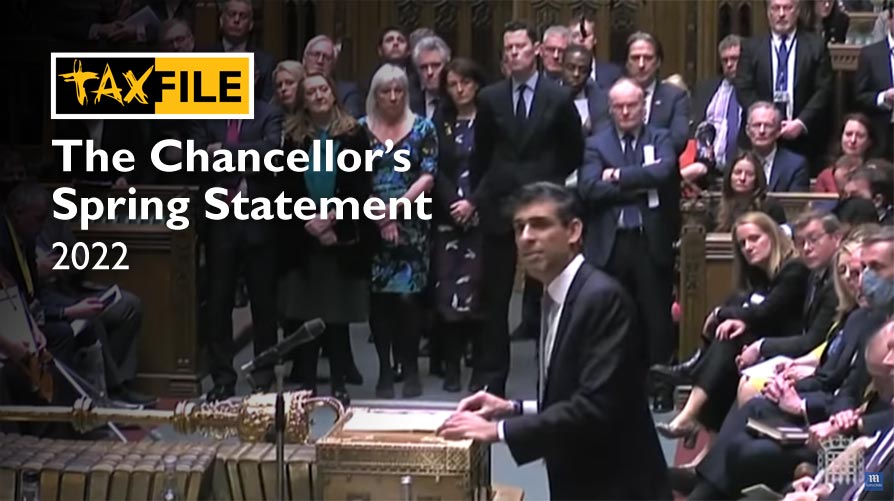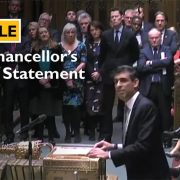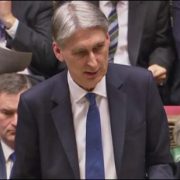Key Takeaways from the Spring Statement 2022

The Chancellor Rishi Sunak unveiled his Spring Statement for 2022 on 23 March and in some ways it was more like a mini budget.
Key takeaways from the Spring Statement include:
- The earnings threshold at which you start to pay National Insurance Contributions (NICs) will increase to £12,570 from July 2022. This is currently set at £9,880 (correct at time of writing, March 2022), so will leave people with more money in their pockets.
- Class 2 NICs for the self-employed will also reduce, from April 2022, to zero for profits between £6,515 and £9,568
- 5p per litre has been cut immediately from fuel duty.
- The basic rate of income tax will reduce from 20% to 19% starting in April 2024.
- The Employment Allowance will increase to £5,000 per annum from April 2022. Currently it’s set at £4,000. The allowance reduces the NICs that employers have to pay.
- VAT on materials that save energy will be reduced from 5% to zero from April 2022. This should reduce the cost of things like solar panels, heat pumps and insulation.
- Councils in England will be able to pass on their share of an additional £500m in extra Government support via the Household Support Fund. The new tranche is for the period 2022/23. The fund helps vulnerable residents, via councils, with short-term help with things like fuel and household bills, food, clothing and other essentials. The previous tranche ends on 31 March 2022, so this is timely.
Watch the Chancellor’s 28 minute Spring Statement 2022, as delivered to the House of Commons, in the video above (skip any adverts). Alternatively get all the detail in the House’s briefing summary here. There’s also a Read more


